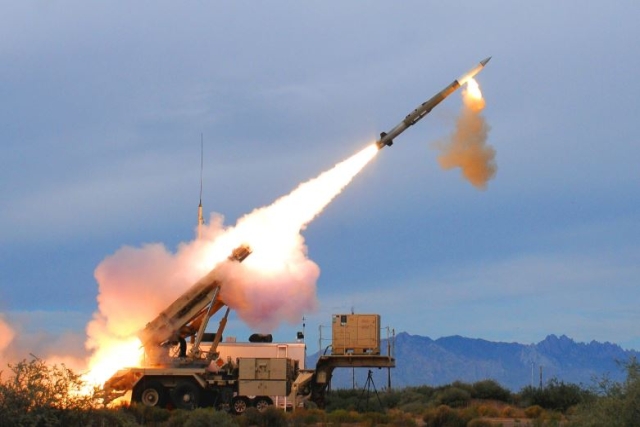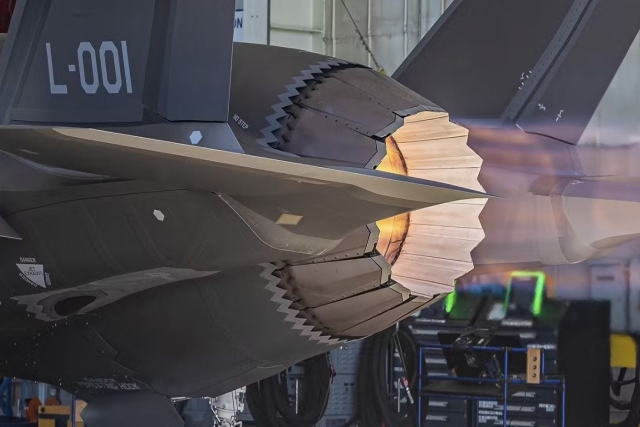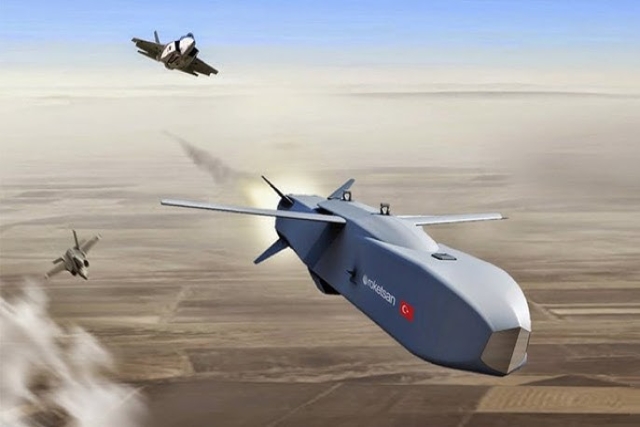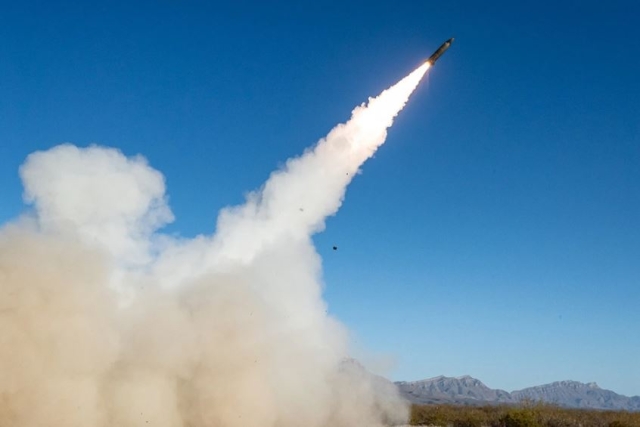Heightened Missile Activity In The Pacific Region
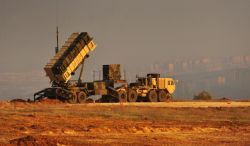
In the last five months, the Asia Pacific region has seen increased missile activity brought on by North Korea’s heightened missile testing. Countries such as Japan, China and India are either testing their own ballistic missiles or are setting up missile batteries.
During this week, North Korea has launched six missiles off its coast including two firings on Monday. The communist regime responded to criticism from the West saying the missile like the U.S did in Guam. launches were a legitimate military exercises meant "to cope with the mounting war measures from the U.S. and South Korea," which have held joint military training earlier this month.
The tests come just weeks after Seoul expressed fears that the North may have set up over 200 mobile missile launchers, or twice the number previously estimated.
South Korea’s state-run Korea Institute for Defense Analyses (KIDA) said that in line with a report submitted to the US Congress by the Pentagon, North Korea has probably accumulated up to 200 so-called transporter erector launchers (TEL), including up to 100 for short-range Scud missiles, 50 for medium-range Nodong missiles and 50 for long-range Musudan missiles, according to Yonhap news agency reported.
Meanwhile, in an effort to counter any probable attacks from Pyongyang, Japan has set up Patriot missile batteries in the central district of Ichigaya and in the suburbs of Asaka and Narashino.
Chief Cabinet Secretary Yoshihide Suga refused to provide more details only saying that any publicity surrounding the batteries “would show our strategy to North Korea”.
The U.S, the wake of the barrage of missile tests spewing out of North Korea, set up a ballistic missile defence system in Pacific Island of Guam in April.
"The department of defence will deploy a Terminal High Altitude Area Defence System Ballistic Missile Defence system to Guam in the coming weeks as a precautionary move to strengthen our regional defence posture against the North Korean regional ballistic missile threat," the Pentagon announced.
THAAD system is a land-based missile defence system that includes a truck-mounted launcher, a complement of interceptor missiles, an AN/TPY-2 tracking radar, and an integrated fire control system.
"This deployment will strengthen defence capabilities for American citizens in the US territory of Guam and US forces stationed there," the Pentagon statement said.
Not to be outdone, earlier in January, China conducted a land-based mid-course missile interception test within its territory. The test was the second of its kind with the first successfully attempted in 2010.
"The test is defensive in nature and targets no other country," a Chinese official was quoted as saying.
India and Pakistan have also routinely carried out their own missile testing. Pakistan in April announced that it had successfully launched the intermediate range ballistic missile Hatf IV Shaheen-1 Weapon System.
The statement from Islamabad said that nuclear-capable missile, with a range of 900 kilometers, was fired from an undisclosed location and landed in the sea.
The test came four days after India successfully test fired a nuclear-capable Agni II missile from eastern Odisha state. The surface-to-surface missile strike can reach targets around 2,000 kilometers away.
So far, the turbulent neighbors have refused to sign the nuclear Non-Proliferation Treaty (NPT) and other international regulatory pacts that restrict developing or testing nuclear weapons.
Earlier in January, Taiwan held live-fire missile tests with only five out of 19 missiles failing to hit their targets.
According to officials, the drills sent a message to the U.S that Taiwan still needs American help to defend itself, despite improving ties with China.
